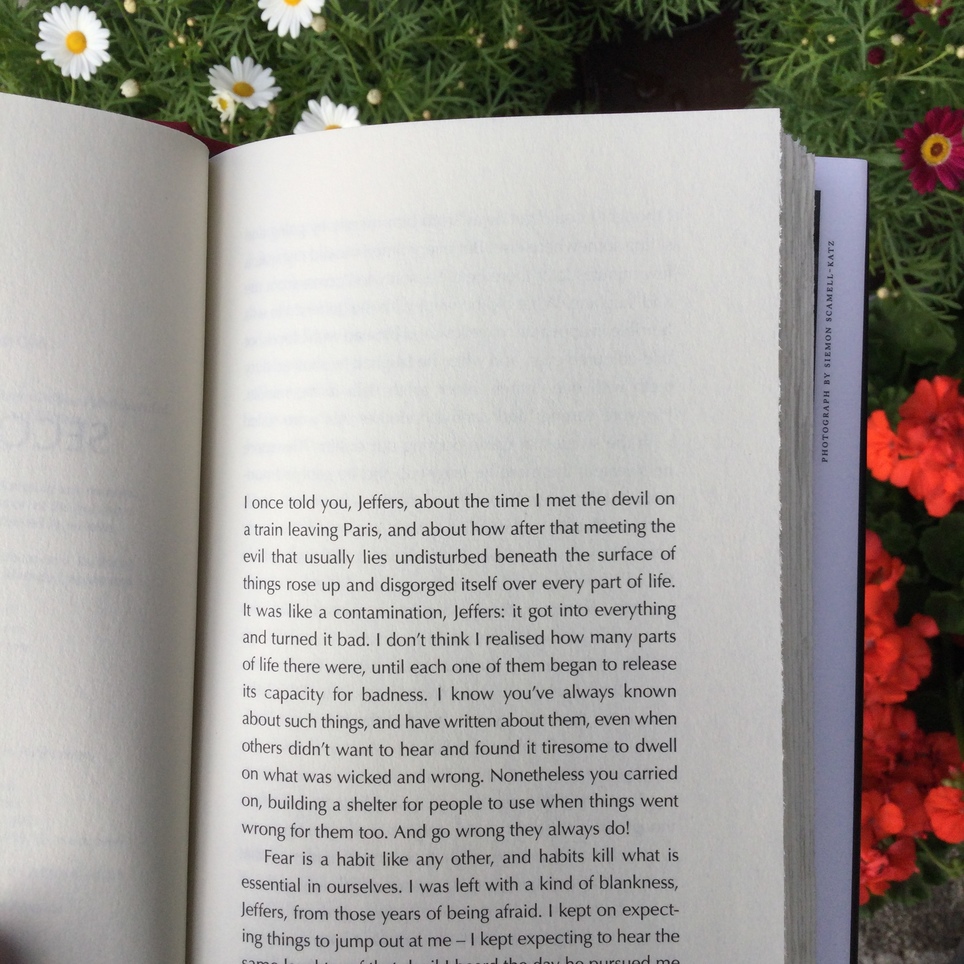


Against the odds, her calm, contemplative plotless novel is a page-turner. Nothing much happens.īut nothing can happen in many ways, and Cusk makes it fascinating. The dramas are domestic and professional-and hardly dramatic. She runs into an ex-boyfriend, goes on a middling date, accompanies an Albanian tradesman to the hardware store, visits her brother and his new wife, attends a literary festival. Faye, with two young sons in tow, moves back to London, buys a house and hires a contractor to fix it up, angering her neighbours. The brilliance of Transit is in the telling-or, rather, in the re-telling, since Faye tells mostly second-hand stories. As she herself observes, “often people betrayed themselves by what they noticed in others.” Yet the self-portrait that emerges despite her dodges is fully fleshed.

Rarely does she let herself into the spotlight. She’s a first-person narrator who eclipses herself by recounting, in studiously neutral tones, anecdotes she hears from friends, acquaintances and strangers. Like Outline, Transit is a series of loosely linked chapters reported by Faye, a writer adjusting to life after divorce. But many will read it with the breathless exhilaration it deserves. Transit won’t thrill everyone: it will enrage those expecting plot, and it may unsettle those expecting a straightforward depiction of family drama and self-discovery. Only one book I read last year rivalled Rachel Cusk’s Transit, the sequel to her 2014 novel Outline.


 0 kommentar(er)
0 kommentar(er)
